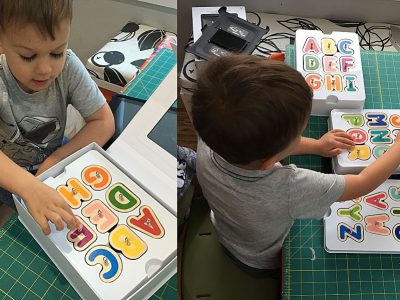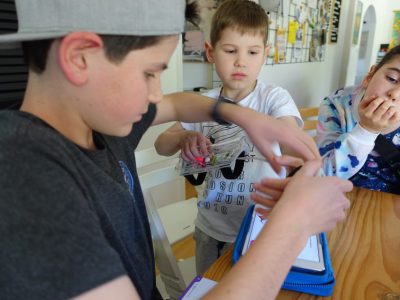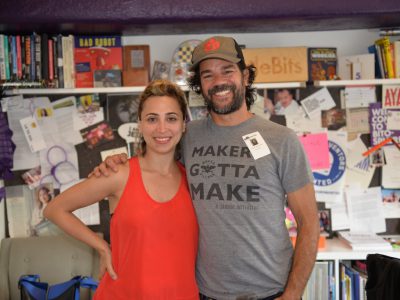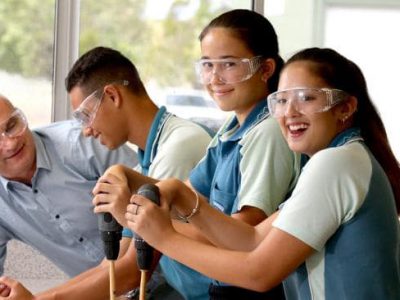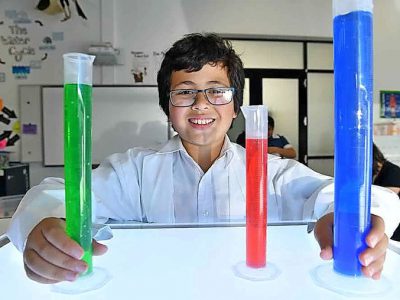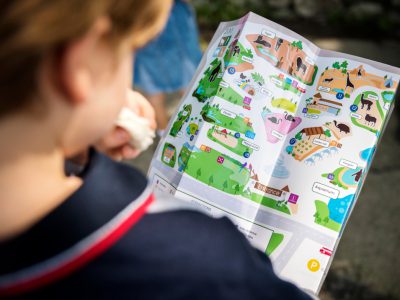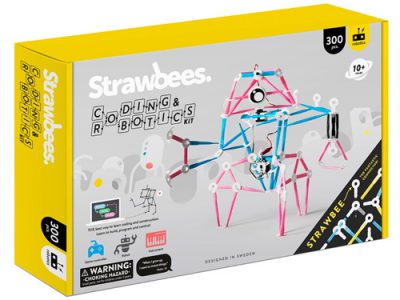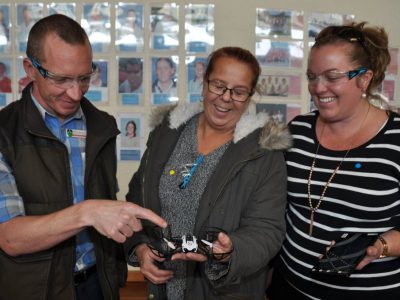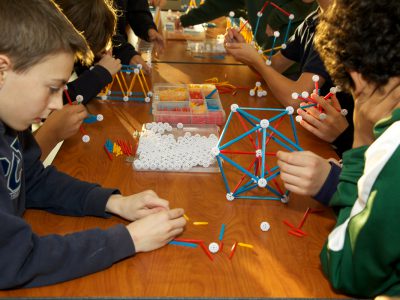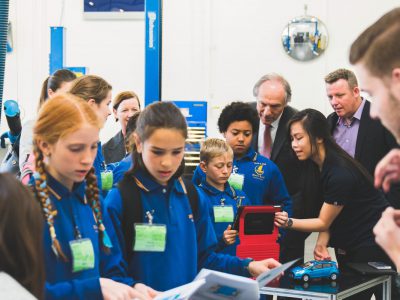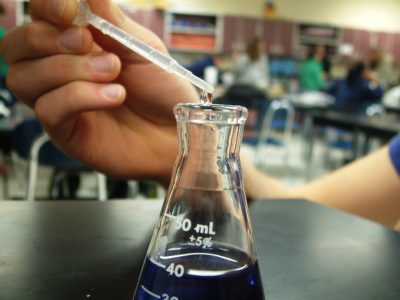posted on Australian Careers Service | May 23 2016
STEM. You say it. You do it. But what does it mean?
Well, I’m not embarrassed to say that I still have some questions — even after working in this area for some time (and I know I’m not alone). In fact, one of the questions we deliberate here at Australia’s Science Channel is ‘What counts as a STEM skill and a STEM career?’.
All jobs use a certain degree of maths knowledge, skills to operate technology, science know-how and even problem-solving skills common to engineering. So are there some jobs that can be classed as ‘STEM jobs’? A quick internet search produces little more than definitions — and I use that term very loosely — with most examples saying that ‘a STEM job requires an education in science, technology, engineering or math’. While this isn’t particularly helpful, we can all agree that the current STEM focus is about getting students to aim high and pursue STEM careers — and this is as actuaries rather than bank tellers, dermatologists rather than beauty therapists, engineers rather than carpenters, and computer scientists rather than mobile phone repairers.
But why is that? Do we need bank tellers and beauty therapists less than we need actuaries and dermatologists? Not necessarily. Do we want students to aim for a high qualification that they can apply to any career later on? Maybe. Or perhaps it’s that enough students will become bank tellers and beauty therapists to fulfil society’s needs without extra encouragement, but too few will become actuaries and dermatologists. When we drill down further, and look at why we’re not getting students into these occupations, we can propose that it’s because they consider STEM-based subjects and courses more difficult, less exciting or irrelevant. The research conducted so far shows it’s all three!
Changing the perception of STEM-based subjects, courses and relevant careers is a challenge. These areas should be as difficult to study as is necessary, while remaining achievable, engaging (even exciting) and relevant to daily life and future career opportunities, whether this is in STEM or elsewhere. If we break down the negative stereotypes around STEM education and careers, it’s to the benefit of everyone.
But what about our question? How do we define a STEM skill and career? Has it been answered? In a way I think it has. The current focus is really not about all STEM skills and careers; it’s about encouraging students into STEM careers where we know we need more workers now and in the future. It’s also about promoting STEM careers where the focus is not only on the skill set needed to complete a project, but having the knowledge and skills to dream up the project and facilitate its completion.
To get there, we need to address the STEM focus on a number of fronts. This means breaking down the negative stereotypes, showing the relevance of STEM knowledge and skills, and sparking students’ interest in STEM by sparking an interest in the world around them. If we can encourage students to continue studying STEM subjects, and consider a STEM career — but most importantly, to value STEM knowledge and skills as part of what it takes to be a rational member of society, whatever their career — then we’re doing our job.
The 2016 Ultimate Science Guide is out now. Download the magazine and sign up to Australia’s Science Channel at https://riaus.tv/content/ultimate-science-guide.
By Dr Tania Meyer
Tania is an Education Specialist at RiAus — Australia’s Science Channel.



